Treatment-resistant depression (TRD) is a severe, long-lasting mental illness that leads to more illness and death. It lowers life quality, affects work, social life, and child development, and raises healthcare costs. TRD is important for both clinical practice and research. A clear definition will help improve the accuracy of predicting and treating these patients.
A clinical trial conducted by a UK company assessed the psilocybin content of magic mushrooms and its role in treating treatment-resistant disorders. Discover the role of a mushroom dispensary Vancouver in addressing the needs of many Canadians suffering from depression.
Key Points
- Depressive disorders are among the most common and disabling diseases globally.
- Recent data shows that one 25mg dose of psilocybin, combined with psychological support, significantly reduced depression symptoms in participants with treatment-resistant depression.
- Psilocybin therapy shows some adverse effects, like headaches, nausea, dizziness, fatigue, and suicidal thoughts.
Treatment-Resistant Depression
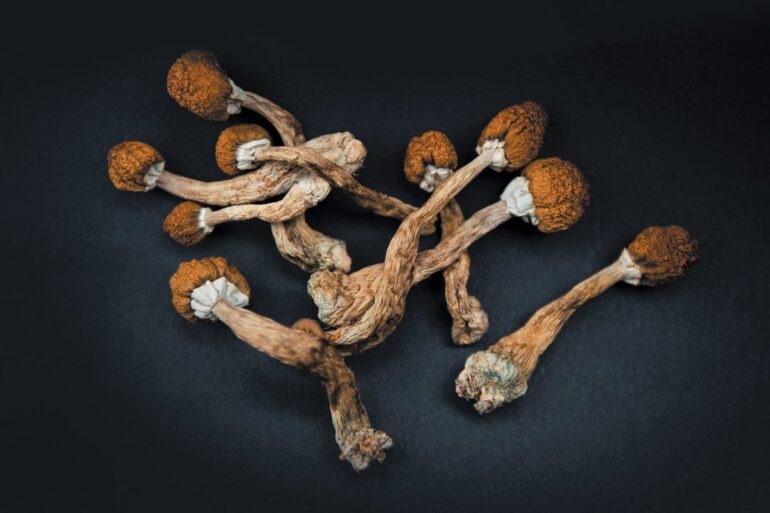
A 2015 study showed that depression has a lifetime prevalence of 9.9% in Canada, costing the economy an estimated $12 billion annually.
Symptoms
People with TRD experience the same symptoms as those with major depressive disorder, such as a low mood, sleep problems, and changes in appetite. However, individuals with TRD may also experience:
- More severe symptoms.
- Longer-lasting depressive episodes.
- Reduced ability to feel pleasure (anhedonia).
- A higher number of lifetime depressive episodes.
- Anxiety
- Thoughts and actions related to suicide.
Causes
Just like depression, TRD is influenced by various factors such as genetics and brain chemistry. Chronic stress might play a role in TRD by affecting the function of your hypothalamic-pituitary-adrenal (HPA) axis. This axis is important for stress management. Chronic stress can worsen depression, which makes it harder to treat.
Despite first-line treatments, another study in 2006 assessed that about 50% of patients don’t achieve remission, and approximately two-thirds require further treatment attempts. This leads to:
- Increased illness and death and lower quality of life.
- Work, social life, and child development disturbance.
- Higher healthcare costs.
Treatment Options
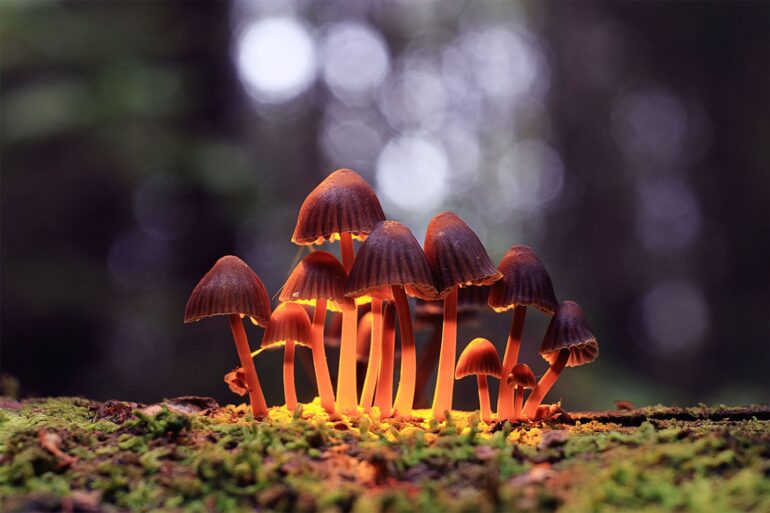
TRD was seen by scholars in 1997 as either a partial or no response to sufficient evidence-based treatments, affecting up to 60% of people with depression. People with TRD experience traits like long-lasting low mood, recurring depressive episodes, or poor response to medications or other therapies.
1. Antidepressant Medications
SSRIs and SNRIs are commonly prescribed as first-line treatments for depression. However, many individuals with TRD don’t respond adequately to these medications.
2. Psychotherapy
Cognitive-behavioural therapy (CBT), interpersonal therapy (IPT), and other forms of psychotherapy can be beneficial for some individuals with depression but may not be sufficient for those with TRD.
3. Electroconvulsive Therapy (ECT)
ECT is a top effective treatment for severe depression, particularly in cases of TRD where other interventions have failed. However, it carries risks and may not be suitable for everyone.
Important Note:
Standard treatments may not work for everyone with TRD, leading to ongoing symptoms and functional difficulties. Antidepressants and other conventional therapies can result in side effects: weight gain, sexual dysfunction, and cognitive impairment. Hence potentially worsening quality of life. Additionally, individuals with TRD are prone to relapse, which needs long-term or alternative treatment strategies for sustained improvement.
What is Psilocybin Therapy?
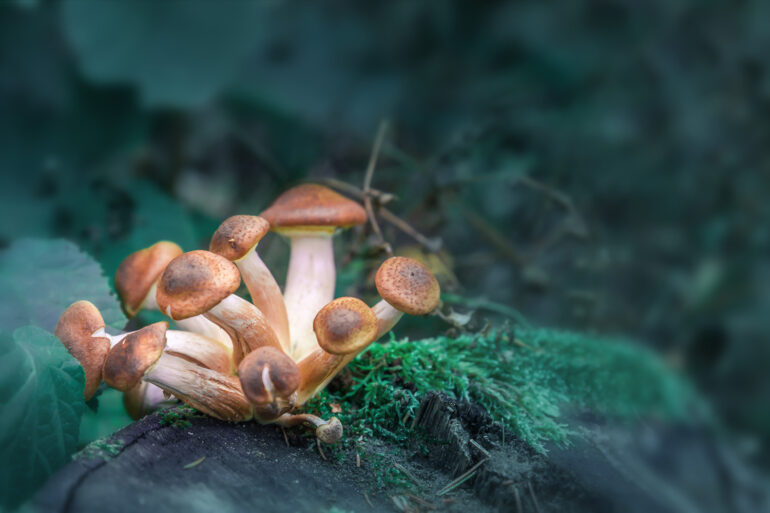
Psilocybin, a natural plant alkaloid, is having attention as a possible treatment for various psychiatric disorders. Different researchers have claims about psilocybin, including:
- There are improvements in depressive symptoms through psilocybin-assisted psychotherapy.
- Treats obsessive-compulsive disorder.
- Treats alcohol addiction disorder.
- Treats tobacco addiction.
- Treats anxiety associated with terminal illnesses.
Treatment commonly involves psychological preparation followed by therapist-supported drug sessions and psychological integration. Research shows that healthy people have more sustained improvements after a single dose of psilocybin. This shows the importance of appropriate psychological support.
Studies on other serotonergic psychedelics, combined with psychological support, show promising results. LSD-assisted psychotherapy led to sustained reductions in end-of-life anxiety. Moreover, ayahuasca reduces depressive symptoms in patients with recurrent depression, as evidenced by clinical trials conducted in 2015 and 2016.
Can Psilocybin Therapy Treat Treatment-Resistant Depression?
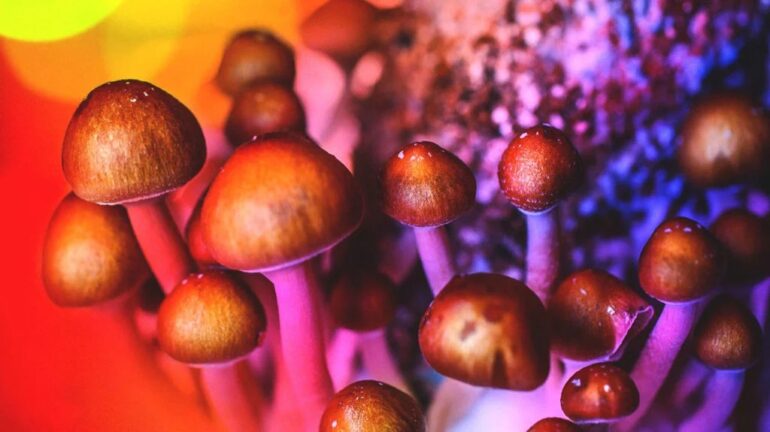
UK company COMPASS Pathways conducted a trial in partnership with King’s College London and the South London and Maudsley NHS Foundation Trust. They examined changes in depression severity over 12 weeks in participants with TRD after a single dose of COMP360 psilocybin along with psychological support.
Method
- In this study, 233 participants with treatment-resistant depression were randomly given to receive a single dose of COMP360 psilocybin: 25 mg, 10 mg, or 1 mg, along with psychological support.
- All participants were evaluated for depression severity the day before receiving COMP360 psilocybin and then again on days 2, 1, 3, 6, 9, and 12 following the dose.
- Participants received COMP360 psilocybin in specially designed rooms to create a relaxing atmosphere. The psychedelic effects lasted six to eight hours, during which a therapist provided psychological support. All therapists underwent thorough training for the trial.
Results
- Researchers discovered that three weeks after taking a 25 mg dose of COMP360 psilocybin, participants reported a huge reduction in depression scores compared to those who took a lower 1 mg dose.
- Over the 12-week study period, adverse effects such as headache, nausea, dizziness, and fatigue happened in 84% of participants in the 25 mg dose group, 75% in the 10 mg dose group, and 72% in the 1 mg dose group.
- Suicidal thoughts and intentional self-injury were observed across all dose groups, though most cases took place more than a week after the psilocybin session.
While many patients with mental health issues respond to existing treatments, some remain resistant to treatment, leading to additional problems. Psilocybin therapy may offer a new treatment paradigm, but further clinical trials are necessary.
Mushroom Dispensary Vancouver Products
| Product Name | Euphoria Psychedelics – Micro Dose Capsules 3000mg | Ground Sounds – Microdose Capsules – Stevie’s Wonder | Ground Sounds – Microdose Capsules – Champion Lover |
| Description | A microdose of psilocybin mushrooms for daily use. | A blend of adaptogens, herbs, and psilocybin for clarity and memory. | A blend for boosting stamina and enhancing intimacy. |
| Benefits |
|
|
|
| Psilocybin Content | 3000mg | 50mg, 100mg, or 250mg | 50mg, 100mg, or 250mg |
Conclusion
Psilocybin-assisted therapy shows potential as a new and possibly effective treatment for people with treatment-resistant depression. It offers quick relief, stronger emotional bonds, and deep insights into life’s meaning.
In Vancouver, where treatment-resistant depression and mushroom use are common, psilocybin therapy offers hope for meeting mental health needs and enhancing well-being. Yet, more research, education, and advocacy are necessary to fully understand and overcome obstacles to using psilocybin therapy in practice.
Discover how psilocybin could transform your approach to mental health. Explore your options with Zoomies Canada today.
Frequently Asked Questions
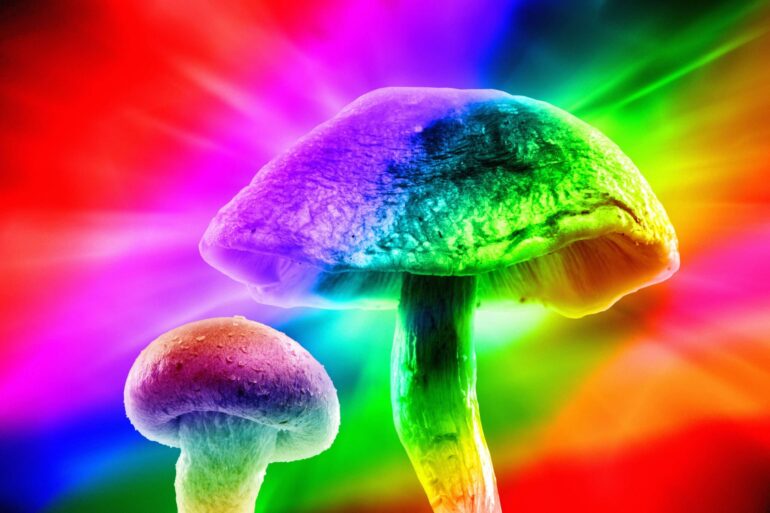
Can Treatment-Resistant Depression be prevented?
Since scientists don’t know the exact cause of TRD, it’s usually not preventable. However, chronic stress likely plays a role, and there are steps you can take to manage stress:
- Exercise regularly. Even a short trip can boost your mood.
- Get quality sleep, which is necessary for overall health.
- Try relaxation activities like meditation, yoga, or breathing exercises.
- Set goals for your day, week, and month to feel more in control.
- Practice mindfulness and gratitude to appreciate the good parts of life.
- Learn to say “no” to extra responsibilities when busy or stressed.
- Stay connected with supportive people who keep you calm.
- Consider consulting a therapist or healthcare provider about stress.
Can I use psilocybin without a therapist?
Psilocybin can induce intense and sometimes challenging experiences, and having a therapist or a trained facilitator present can ensure safety, provide emotional support, and help integrate the experience into therapeutic benefits.
When should I see my healthcare provider about Treatment-Resistant Depression?
- If you experience bothersome side effects.
- If your symptoms are not getting better or are getting worse.
- If you are thinking of stopping the medication.
You should have regular appointments with your healthcare provider while determining an effective treatment plan for TRD to monitor its progress.
